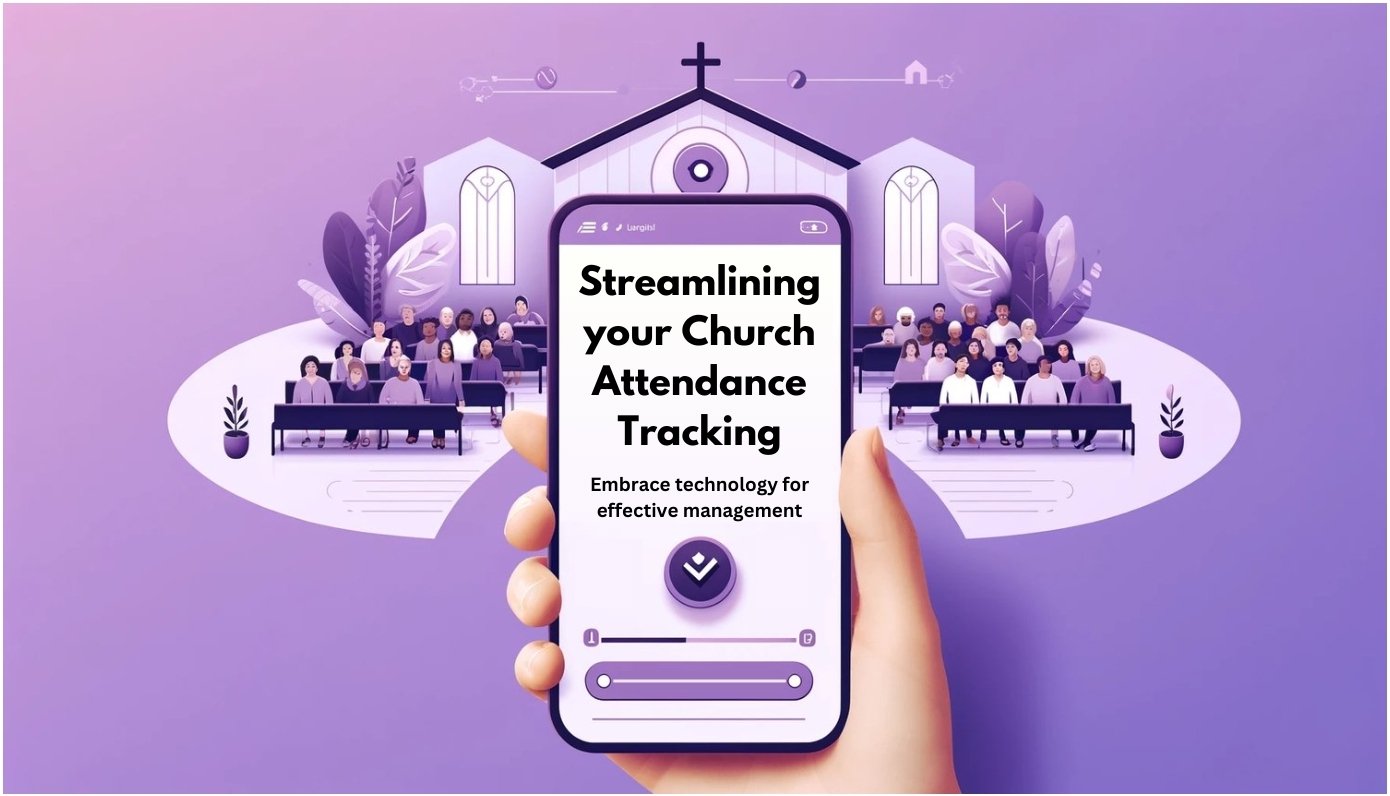More
The Failure Factor
Embracing failure as a growth opportunity is crucial for leadership development. This blog emphasizes the value of allowing team members to experience and learn from their failures, fostering resilience, adaptability, and improved problem-solving skills. By supporting rather than rescuing, leaders can help their teams turn setbacks into stepping stones for future success.
Why SEO Matters for Churches: Becoming a Beacon of Hope
Optimizing your church's online presence through SEO is essential for reaching and engaging your community. By improving your search engine rankings, your church can attract new visitors, enhance engagement, and build trust. Start with the basics—keyword research, on-page optimization, and content creation—to ensure your church becomes a beacon of hope online.
The Art of Followship
"The Art of Followship" emphasizes the importance of following Jesus over leading, challenging the modern church's obsession with leadership. The blog explores how Jesus prioritized following, urging Christians to focus on their identity as followers. Practical advice is given on maintaining a follower's mindset, including prioritizing personal spiritual practices, observing Sabbath, engaging with church communities, and building genuine friendships.
What Does Community Look Like in the Church Today?
This blog explores the evolution of church community, contrasting past face-to-face interactions with today's digital communication trends. It emphasizes the importance of blending modern technology with traditional personal connections to foster a supportive and welcoming church environment. By prioritizing in-person activities, leveraging technology wisely, and fostering a culture of care, churches can re-establish a sense of genuine community in the digital age.
Empowering Volunteers with StrengthsFinder 2.0: A Church Leader's Guide
Empower your church volunteers by leveraging StrengthsFinder 2.0, a tool designed to identify individual strengths and align them with impactful ministry roles. This guide explores how understanding and utilizing volunteers' unique talents can enhance engagement, increase retention, and maximize their contributions. Implementing a strengths-based approach fosters a thriving, purpose-driven community where everyone’s gifts are celebrated and effectively utilized.
The key to managing rapid church growth: a strong, reliable foundation.
Effective church growth management relies on a solid foundation and team culture. As your church expands with additional services or campuses, addressing changes like staff hiring, volunteer training, and service restructuring is essential. Centralizing documented processes, utilizing online software solutions like Notion, and standardizing procedures ensure clarity and efficiency, empowering your team to support sustainable growth and focus on your church’s mission.
Lost in Buckets 🪣
Trust is earned in drops and lost in buckets, a phrase resonating deeply in the Christian community amidst numerous scandals and challenges. This blog explores the multifaceted experiences within the church, addressing the importance of hope, approachability, sensitivity, safety, and discernment for leaders and congregants alike. By fostering transparency and compassion, church leaders can rebuild trust and create a safe, supportive environment for all believers.
The Role of the Chief Reminding Officer in Leadership
The blog post "The Role of the Chief Reminding Officer in Leadership" emphasizes the importance of leaders consistently communicating their vision and values to keep teams motivated and aligned. Drawing from Patrick Lencioni’s concept of the Chief Reminding Officer, it highlights the need for constant reminders to embed organizational goals deeply within the team. Effective communication, frequent reiteration, and positive reinforcement are key practices leaders should adopt to ensure organizational clarity and success.
Embracing Online Discipleship: What is an LMS and is it Right for Your Church?
The COVID-19 pandemic necessitated a shift to online church services and discipleship, making Learning Management Systems (LMS) vital for continuous spiritual education. An LMS enables churches to offer flexible, accessible, and engaging discipleship programs through a centralized platform. With features like interactive content, progress tracking, and community-building tools, an LMS can transform how churches equip and nurture their congregants' spiritual growth in the digital age.
Who’s in charge here?
Learn the importance of defining roles in church management with Planning Center. Appointing a Planning Center Champion to maintain control and ensure data accuracy, while empowering team members with specific permissions, can prevent data chaos and streamline decision-making. Learn more about optimizing your church's database management at threefold.solutions.
One Lesson I Learned Working for a Mega-Church
Learn the power of playbooks from a mega-church perspective. Documenting processes not only avoids work disruption but empowers teams, ensuring seamless operations. Playbooks help standardize tasks, improve training, and enable scaling, critical for growing ministries.
Know this one thing before migrating to Planning Center.
Migrating your church management system to Planning Center can be seamless if you understand the importance of the Remote ID. This unique identifier ensures accurate and complete data imports, preventing duplicates and maintaining data integrity across multiple files. By leveraging the Remote ID, you streamline the migration process, allowing for a flexible and reliable transition to Planning Center.












